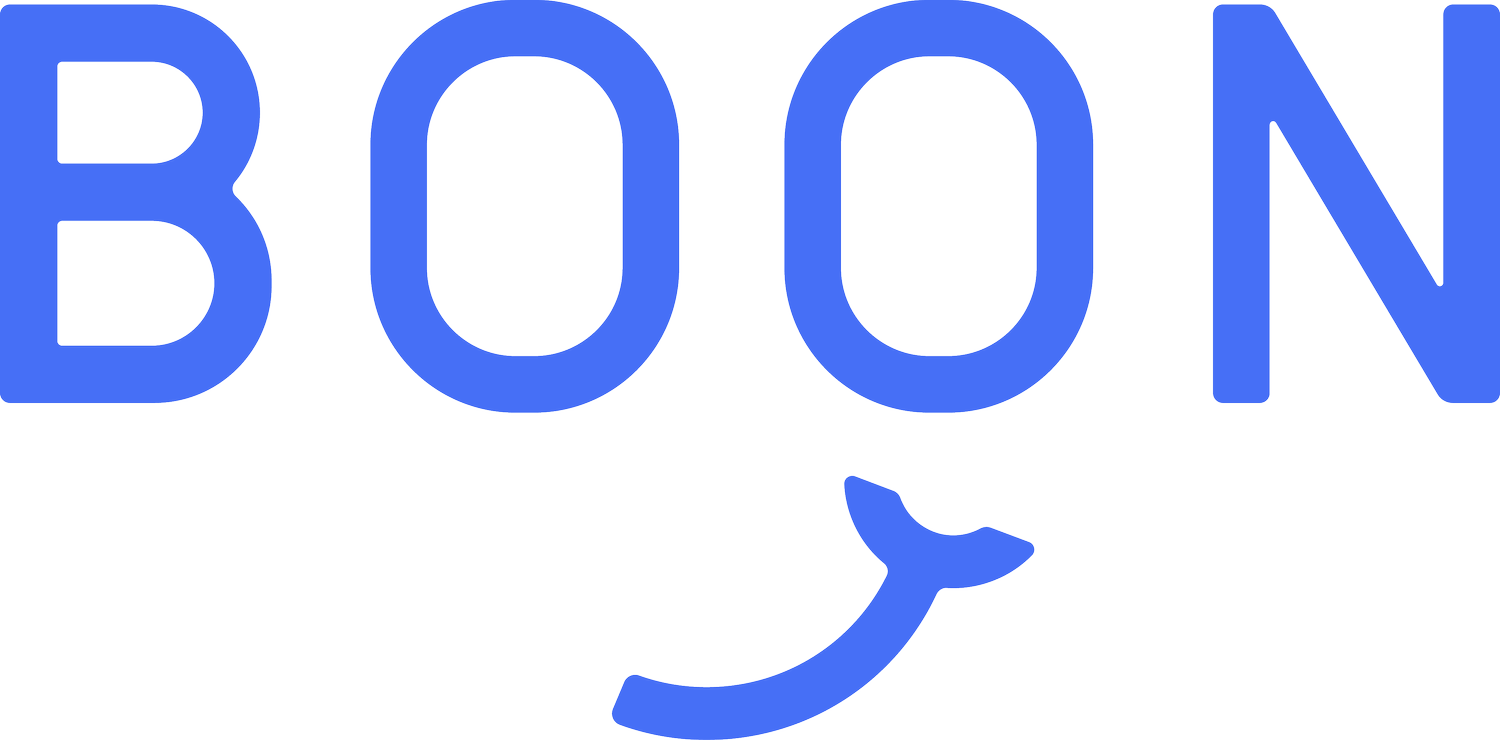The 7 Pillars of Training New Managerial Talent
Employee retention remains one of the biggest issues facing companies today, especially when your top managerial talent leaves your company. Even as economic signs begin to look dire, unemployed Americans are finding work faster than ever – on average, the Wall Street Journal reported that unemployed workers are without a job for 8.5 weeks, down from 14.4 a year ago. This means that even despite concerns of a recession, the market is still favorable to job seekers.
Between high turnover and high workloads, the role of the manager is more crucial than ever for keeping customers happy and employees on track. But with other opportunities available, how can you maintain this vital segment of your workforce?
With direct reporting needs at an all-time high, investing in managers is crucial for enhancing growth and retaining top performers. This blog examines how to set up your management team for success in a changing economy.
Why Are Managers Still Leaving Companies?
Given the current economic climate, many business professionals are scratching their heads as to why the job market is hotter than ever. The answer to this lies in the pandemic: many professionals chose to retire during this period, creating more openings than ever once the economy reopened. The “Great Reshuffle” has now been going on for over a year as employees seek new opportunities.
But what is causing people to leave companies? While economic fears and burnout are still concerns for many Americans, McKinsey has reported that the top reason people are leaving is a lack of personal and professional development opportunities.
To fill the management gap caused by the recession, younger managers have been promoted into roles without the depth of experience that their predecessors had. The skills required to be a successful manager are challenging in any environment, but remote working has exacerbated many of these skill deficits.
Today’s management is tasked with managing the entire employee – that is, their workload and obligations on top of their stress, anxiety, and personal issues. At Boon Health, we recently developed our Thriving Leaders Workshop to address what we see as the seven core tenets that managers need to master their role. These pillars of leadership form the structure of our curriculum.
7 Things Managers Need to Master to Thrive in the Remote Workplace Values
At the heart of great management lies a commitment to values. People can often recognize top leadership potential not through the way a manager carries themselves, but through their words and actions. Understanding the values you ascribe to serves as the foundation of managerial training.
Managing Stress
Managers not only need to manage their stress but that of their employees. As a new manager, it can be easy to take on more work than you can handle. When a manager is overwhelmed, the people that they manage will also feel that pressure, reducing the efficiency of the entire unit.
Setting Boundaries
Managers need to learn how to set proper boundaries between the people that they manage as well as their superiors. With more responsibility on their plate, boundary setting can help mitigate stress passed down to their employees as well as create a more professional atmosphere.
Imposter Syndrome
When people start as managers, they may feel they are unqualified for the role and power they now command over their team. Imposter syndrome is a classic problem faced by inexperienced management, but succumbing to it can lead to ineffective leadership.
Giving Feedback
A manager’s duty is to provide feedback to their employees that not only allows them to get their work done, but to grow them professionally and provide the best service to clients. The way that managers give feedback to their employees sets the groundwork for how employees conduct their business and improve themselves.
Leading Remotely
Managers of all skill levels are still learning the ropes that come with managing teams remotely. For our newest leaders, those challenges come on top of the other skills required to be an effective leader. To lead in an environment where managers and their employees aren’t present together, clear instructions and guidance need to be provided.
Delegating for Development
Task delegation is essential for effective management. This means understanding employee workload and providing them with tasks so that managers can attend to higher-value activities while addressing the needs of their clients.
Thriving Leaders Workshops at Boon
Investing in your management is more important than ever given the challenges we are currently experiencing in the workplace and the economy. At Boon, we address these issues directly through our Thriving Leaders Workshop, an interactive group coaching series led by Boon coaches with over 30 years of Learning & Development experience with Fortune 100 businesses.
Our leadership training workshop at Boon is designed around these seven pillars, with the red thread throughout of “leading self before leading others.” Classes can be attended a la carte or assigned as a complete workshop for a group of managers, depending on the needs of your organization.
Interested in learning more? Schedule a call and speak with our team of experts today.
